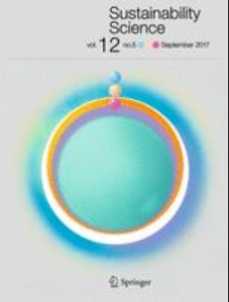
By Diogo Ferreira da Rocha, Marcelo Firpo Porto, Tania Pacheco, Jean Pierre Leroy
Abstract
This article discusses the experience of the map of conflicts related to environmental injustices and health in Brazil and its potential contribution to international movements for environmental justice. Inventories and maps of environmental injustices are important instruments of struggle against injustice and racism, since they increase the visibility of populations, whose lives are threatened. The Brazilian map is published online since 2010 and was an initiative of FIOCRUZ, a public health and academic institution, and the NGO FASE, in cooperation with the Brazilian Network of Environmental Injustice (RBJA), created in 2001. Environmental justice arised in Brazil as a field of reflection and mobilization, and as a rallying point to identify the struggle of several groups and entities, such as rural and urban grassroots movements, indigenous peoples, traditional populations, and peasants affected by different hazards and risks, as well as environmentalists, trade unions, and scientists. Currently, the map has 570 emblematic environmental conflicts in all regions of Brazil. Many economic activities are causing the conflicts such as mining expansion, oil and gas extractions, infrastructure (roads, mega-dams), agribusiness, and pesticide pollution, often with the support of governmental institutions.
Link
https://link.springer.com/article/10.1007/s11625-017-0494-5
Keywords
Maps, Environmental conflicts, Environmental justice, Collective health, Social movements
How to Cite
da Rocha, D.F., Porto, M.F., Pacheco, T. et al. Sustain Sci (2017). https://doi.org/10.1007/s11625-017-0494-5

The project ENVJUSTICE has received funding from the European Research Council (ERC) under the European Union’s Horizon 2020 research and innovation programme (grant agreement No. 695446)